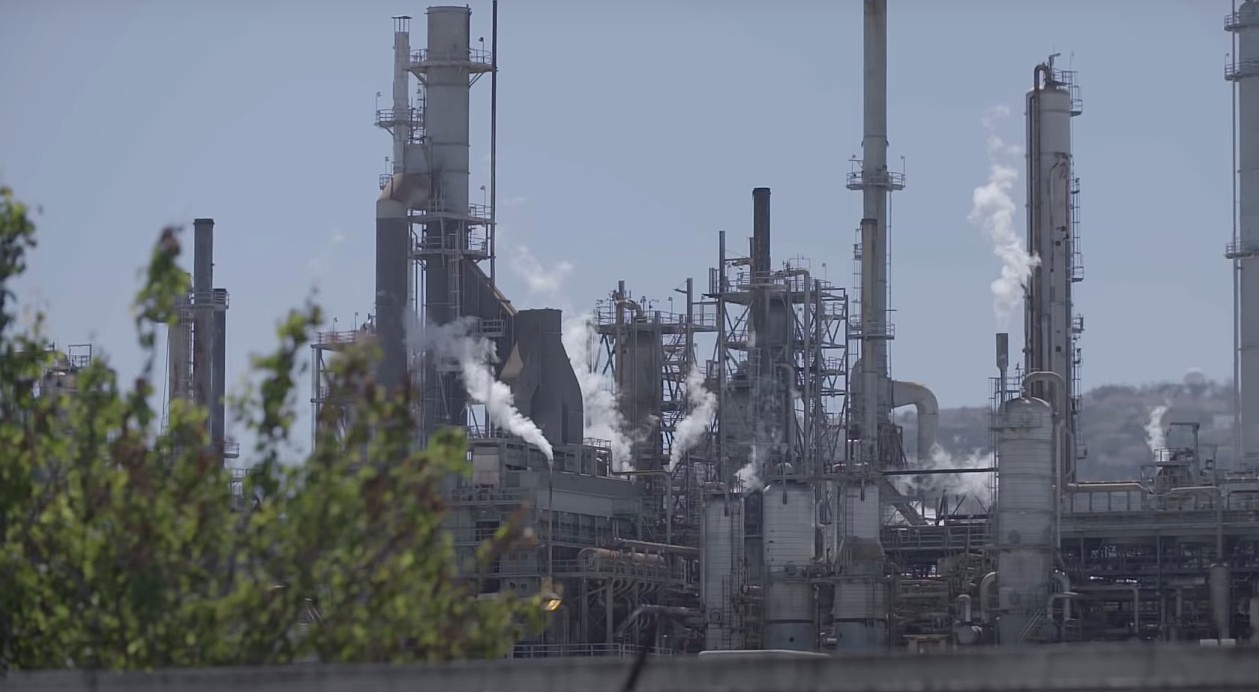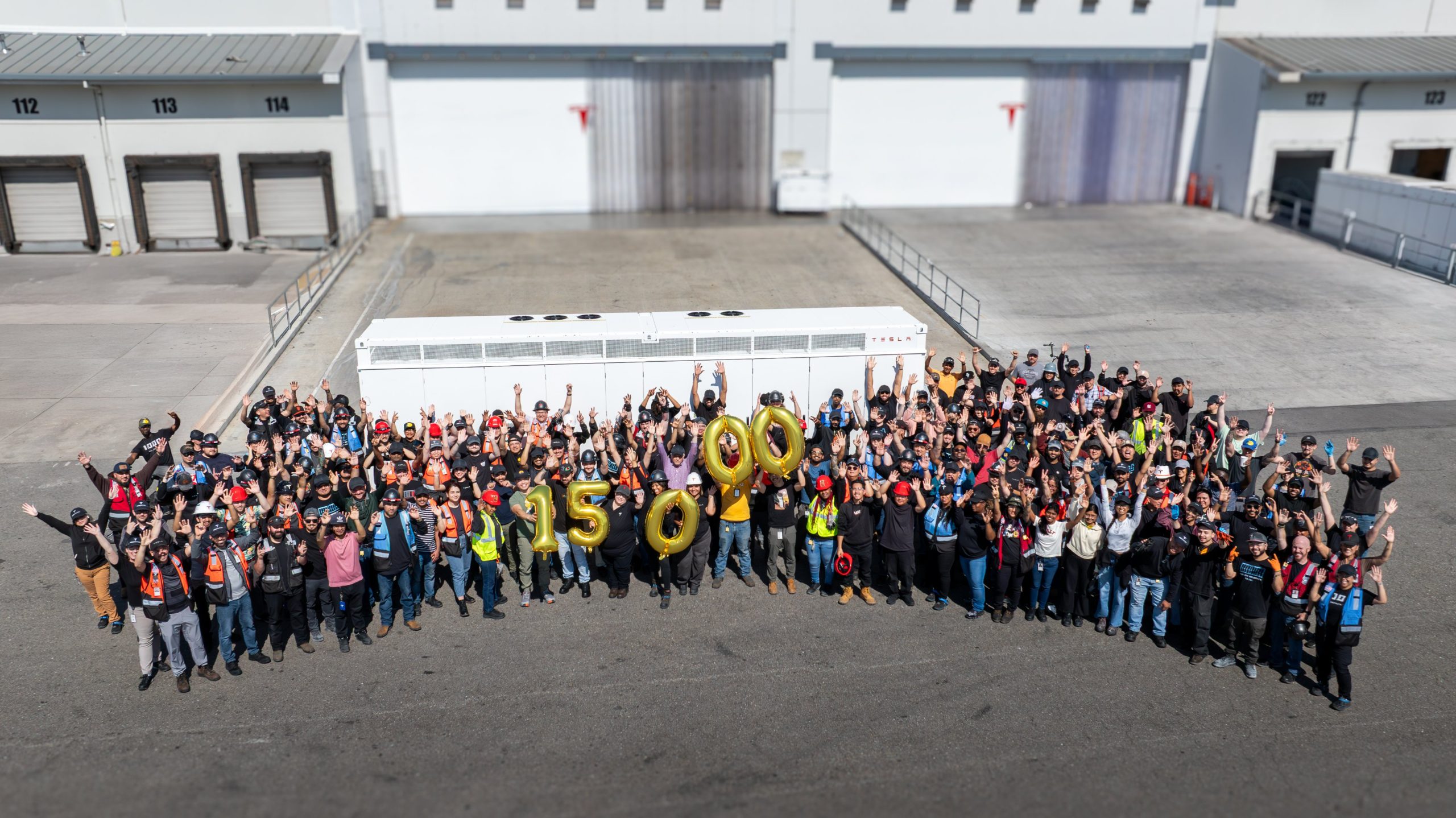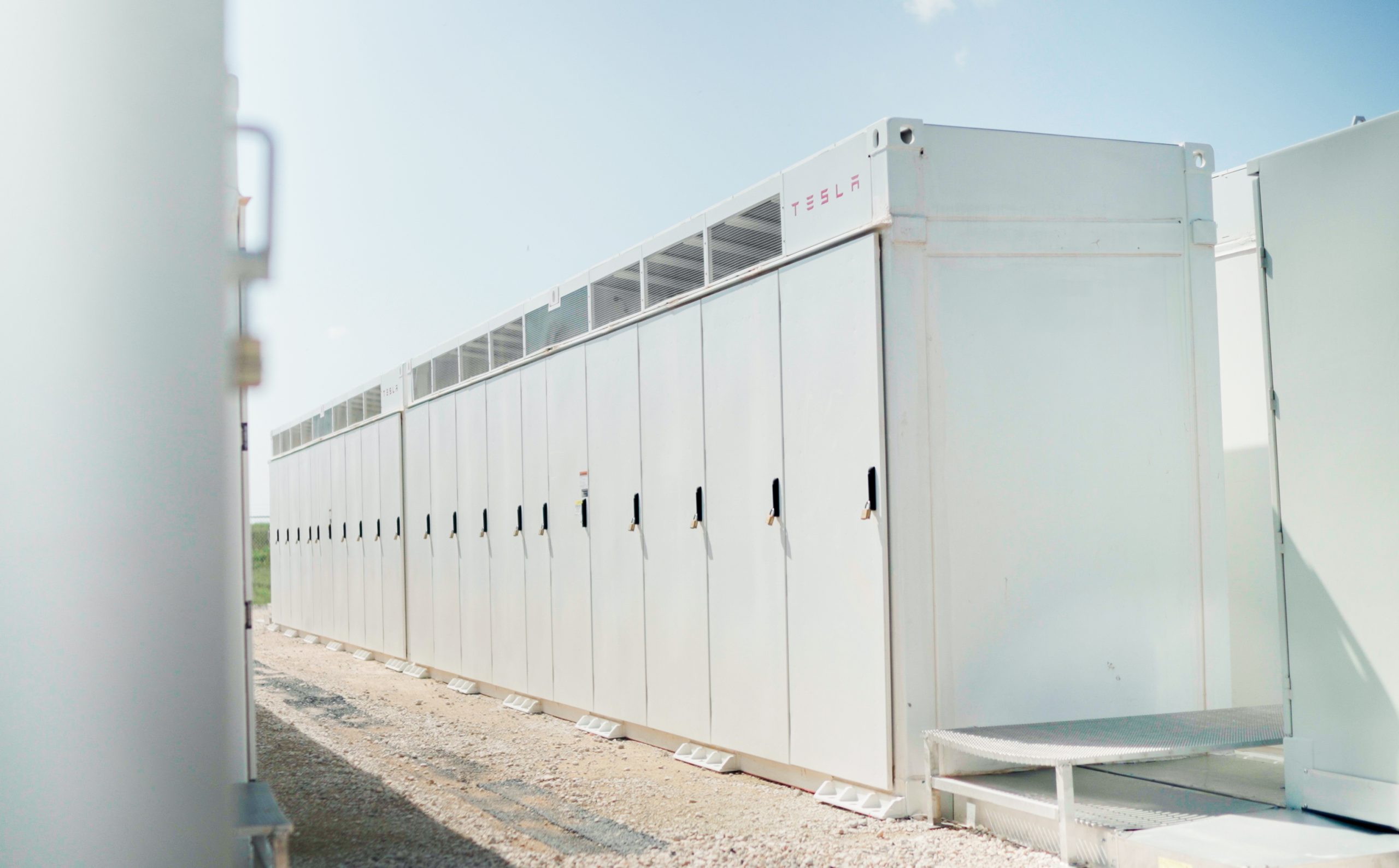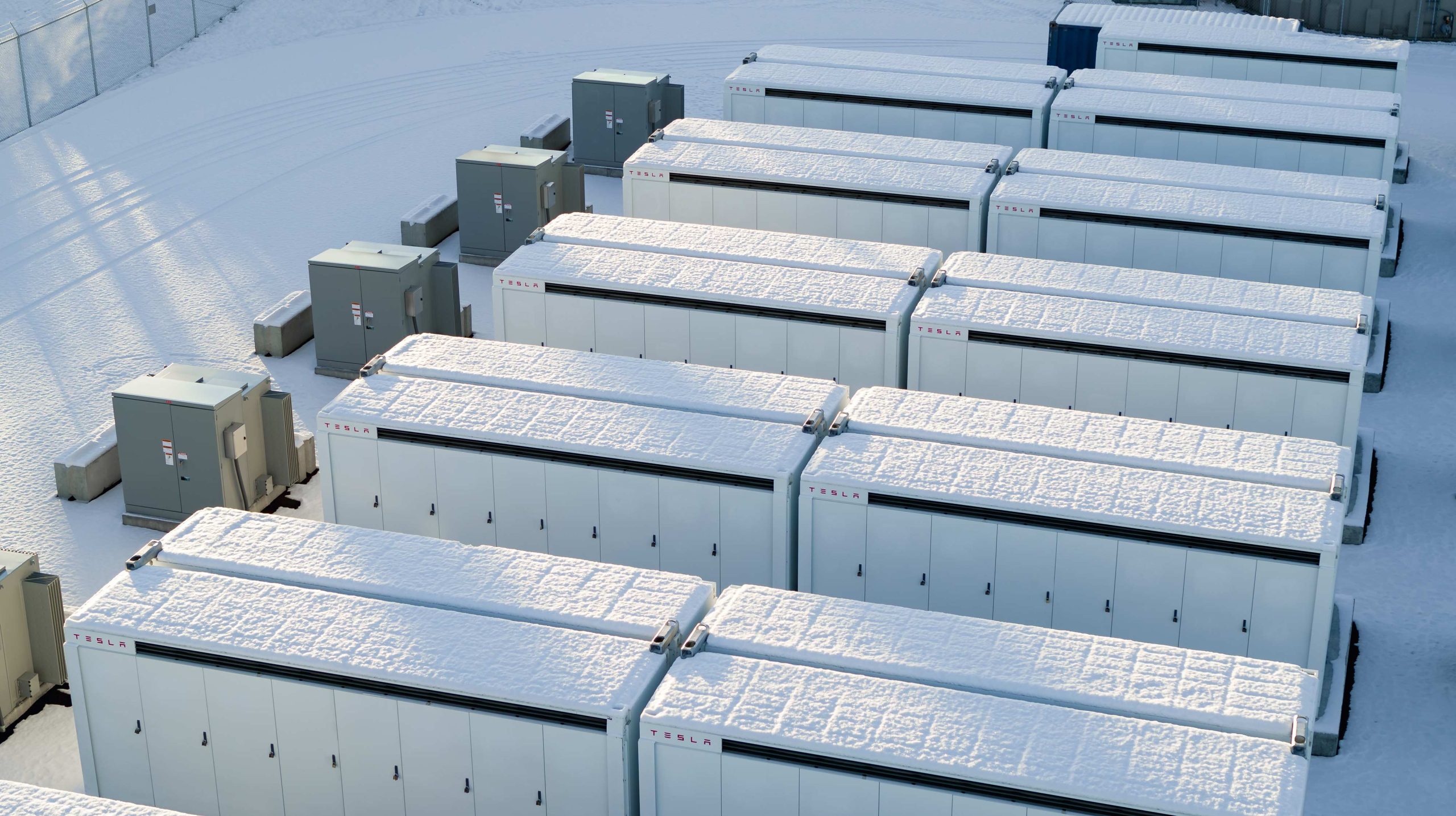

Energy
Big oil is getting a bailout from the United States after falling flat, but why?
President of the United States announced on Tuesday, April 21, that the Secretary of Energy Dan Brouillette and Secretary of Treasury Steven Mnuchin will formulate a bailout plan for the Oil and Gas Industry.
“We will never let the great U.S. Oil & Gas Industry down. I have instructed the Secretary of Energy and Secretary of the Treasury to formulate a plan which will make funds available so that these significant companies and jobs will be secured long into the future,” the President tweeted.
We will never let the great U.S. Oil & Gas Industry down. I have instructed the Secretary of Energy and Secretary of the Treasury to formulate a plan which will make funds available so that these very important companies and jobs will be secured long into the future!
— Donald J. Trump (@realDonaldTrump) April 21, 2020
The bailout suggestion from the U.S. leader comes just a day after oil experienced its most significant drop in history after prices fell as low as -$40 per barrel on Monday. The prices closed at -$37.63 and opened at -$14.00 on Tuesday morning.
While low trading volumes caused the steep drop in price according to USAToday, the bailout will do one thing: help an industry responsible for the corruption of the atmosphere, the rising of sea levels, and the melting of icecaps.
It is clear, and it has been since the beginning of his Presidential bid in 2016, that Donald Trump was focused on bringing coal and oil jobs to the United States. The once-thriving industry in the U.S. peaked in the mid-1960s, and nobody knew how dangerous it would be. After all, smoking cigarettes was once considered sexy and healthy, right?
Fast forward 40 or 50 years, and the U.S. is in the same boat as the rest of the world. Our country is in the midst of a climate crisis that threatens life as it is known, and the big auto manufacturers continue to pump out a lineup of gas and diesel-powered vehicles that corrupt the Earth. Families in the U.S. depend on energy primarily from natural gas, crude oil, and coal, all of which emit pollution and cause an influx of carbon dioxide to enter the atmosphere.
The move begs a few questions. The first: Why is this the time to bail out big oil?
In a time where the world is at a standstill in transportation, the Earth has not seen air this clear in decades. The gas and diesel machines are off the roads (for the most part), and skies are clear of haze. The current world humans are living in amidst the chaotic pandemic is a preview of what life would be like if every car was electric. If vehicles did not spew poisonous gases into the air, the world would be clear, the air would be clean, and the Earth would improve environmentally.
Some jobs come with oil, of course, but does this invoke the fact that the fall of the oil industry could ultimately be a positive thought and not something so negative? The cleanliness of the Earth during this time is a hint that a world powered by sustainable energy is in the best interest of humanity.
The second question: Would sustainable energy companies receive a bailout if they fell under during this time?
If the leaders of sustainable transportation and energy fell off and lost a majority of their value during this time of economic hardship, would they receive a bailout? This question cannot be answered for sure, because the answer is not known. It is possible but probably unlikely.
In December 2019, The Hill reported that President Trump’s 2018 tariffs on solar panels had harmed the U.S. solar industry by deleting 62,000 jobs and eliminating $19 billion in funding. The tariffs were implemented in a target to China, where the U.S. receives a significant portion of its solar panel imports. Around 80% of solar panels in the U.S. come from other countries, and China supplies a vast majority of them.
The solar industry did not receive the support it needed as it attempts to become the leading supplier of energy to U.S. citizens. Even though the environmental effects of solar energy are positive, it didn’t stop the tariffs from being put into place, and the lost jobs did not seem to be a concern.
The oil industry will have a plan inscribed by the U.S. government to save it from its ultimate downfall. In a time where the environment is crying for help, COVID has invoked Stay-at-Home orders from many governments. These orders have led to cars staying off the road and air being cleared of pollution. However, the bailout of big oil solidifies the fact that money is becoming a bigger priority than not only the Earth’s health but the human race as a whole, too.
Crude oil sits at $9.06 per barrel at the time of writing.
Energy
Tesla Lathrop Megafactory celebrates massive Megapack battery milestone
The Tesla Megapack is the backbone of Tesla Energy’s battery deployments.

The Tesla Lathrop Megafactory recently achieved a new milestone. As per the official Tesla Megapack account on X, the Lathrop Megafactory has produced its 15,000th Megapack 2 XL battery.
15,000 Megapack Batteries
Tesla celebrated the milestone with a photo of the Lathrop Megafactory team posing with a freshly produced Megapack battery. To commemorate the event, the team held balloons that spelled out “15,000” as they posed for the photo.
The Tesla Megapack is the backbone of Tesla Energy’s battery deployments. Designed for grid-scale applications, each Megapack offers 3.9 MWh of energy and 1.9 MW of power. The battery is extremely scalable, making it perfect for massive energy storage projects.
More Megafactories
The Lathrop Megafactory is Tesla’s first dedicated facility for its flagship battery storage system. It currently stands as the largest utility-scale battery factory in North America. The facility is capable of producing 10,000 Megapack batteries every year, equal to 40 GWh of clean energy storage.
Thanks to the success of the Megapack, Tesla has expanded its energy business by building and launching the Shanghai Megafactory, which is also expected to produce 40 GWh of energy storage per year. The ramp of the Shanghai Megafactory is quite impressive, with Tesla noting in its Q1 2025 Update Letter that the Shanghai Megafactory managed to produce over 100 Megapack batteries in the first quarter alone.
Tesla Energy’s Potential
During the first quarter earnings call, CEO Elon Musk stated that the Megapack is extremely valuable to the energy industry.
“The Megapack enables utility companies to output far more total energy than would otherwise be the case… This is a massive unlock on total energy output of any given grid over the course of a year. And utility companies are beginning to realize this and are buying in our Megapacks at scale,” Musk said.
Energy
Tesla Megapacks powers the xAI Colossus supercomputer
Tesla Megapacks step in to stabilize xAI’s Colossus supercomputer, replacing natural gas turbines. Musk’s ventures keep intertwining.

Tesla Megapack batteries will power the xAI Colossus supercomputer in Memphis to ensure power stability. The collaboration between Tesla and xAI highlights the synergy among Elon Musk’s ventures.
The artificial intelligence startup has integrated Tesla Megapacks to manage outages and demand surges, bolstering the facility’s reliability. The Greater Memphis Chamber announced that Colossus, recently connected to a new 150-megawatt electric substation, is completing its first construction phase. This transition addresses criticism from environmental justice groups over the initial use of natural gas turbines.
“The temporary natural gas turbines that were being used to power the Phase I GPUs prior to grid connection are now being demobilized and will be removed from the site over the next two months.
“About half of the operating turbines will remain operating to power Phase II GPUs of xAI until a second substation (#22) already in construction is completed and connected to the electric grid, which is planned for the Fall of 2025, at which time the remaining turbines will be relegated to a backup power role,” the Chamber stated.
xAI’s rapid development of Colossus reflects its ambition to advance AI capabilities, but the project has faced scrutiny for environmental impacts. The shift to Megapacks and grid power aims to mitigate these concerns while ensuring operational continuity.
The Megapack deployment underscores the collaboration among Musk’s companies, including Tesla, SpaceX, Neuralink, and The Boring Company. Tesla appears to be the common link between all of Musk’s companies. For example, The Boring Company built a tunnel in Giga, Texas. In addition, Musk has hinted at a potential collaboration between the Tesla Optimus Bot and Neuralink. And from January 2024 to February 2025, xAI invested $230 million in Megapacks, per a Tesla filing.
Tesla Energy reported a 156% year-over-year increase in Q1 2025, deploying 10.4 GWh of storage products, including Megapacks and Powerwalls. Tesla’s plans for a new Megapack factory in Waller County, Texas, which is expected to create 1,500 jobs in the area, further signal its commitment to scaling energy solutions.
As xAI leverages Tesla’s Megapacks to power Colossus, the integration showcases Musk’s interconnected business ecosystem. The supercomputer’s enhanced stability positions xAI to drive AI innovation, while Tesla’s energy solutions gain prominence, setting the stage for broader technological and economic impacts.
Energy
Tesla Energy celebrates one decade of sustainability
Tesla Energy has gone far since its early days, and it is now becoming a progressively bigger part of the company.

Tesla Energy recently celebrated its 10th anniversary with a dedicated video showcasing several of its milestones over the past decade.
Tesla Energy has gone far since its early days, and it is now becoming a progressively bigger part of the company.
Tesla Energy Early Days
When Elon Musk launched Tesla Energy in 2015, he noted that the business is a fundamental transformation of how the world works. To start, Tesla Energy offered the Powerwall, a 7 kWh/10 kWh home battery system, and the Powerpack, a grid-capable 100 kWh battery block that is designed for scalability. A few days after the products’ launch, Musk noted that Tesla had received 38,000 reservations for the Powerwall and 2,500 reservations for the Powerpack.
Tesla Energy’s beginnings would herald its quiet growth, with the company later announcing products like the Solar Roof tile, which is yet to be ramped, and the successor to the Powerwall, the 13.5 kWh Powerwall 2. In recent years, Tesla Energy also launched its Powerwall 3 home battery and the massive Megapack, a 3.9 MWh monster of a battery unit that has become the backbone for energy storage systems across the globe.
Key Milestones
As noted by Tesla Energy in its recent video, it has now established facilities that allow the company to manufacture 20,000 units of the Megapack every year, which should help grow the 23 GWh worth of Megapacks that have already been deployed globally.
The Powerwall remains a desirable home battery as well, with more than 850,000 units installed worldwide. These translate to 12 GWh of residential entry storage delivered to date. Just like the Megapack, Tesla is also ramping its production of the Powerwall, allowing the division to grow even more.
Tesla Energy’s Role
While Tesla Energy does not catch as much headlines as the company’s electric vehicle businesses, its contributions to the company’s bottom line have been growing. In the first quarter of 2025 alone, Tesla Energy deployed 10.4 GWh of energy storage products. Powerwall deployments also crossed 1 GWh in one quarter for the first time. As per Tesla in its Q1 2025 Update Letter, the gross margin for the Energy division has improved sequentially as well.
-

 Elon Musk4 days ago
Elon Musk4 days agoTesla investors will be shocked by Jim Cramer’s latest assessment
-

 News1 week ago
News1 week agoTesla Robotaxi’s biggest challenge seems to be this one thing
-

 Elon Musk2 weeks ago
Elon Musk2 weeks agoFirst Look at Tesla’s Robotaxi App: features, design, and more
-

 News2 weeks ago
News2 weeks agoSpaceX and Elon Musk share insights on Starship Ship 36’s RUD
-

 News2 weeks ago
News2 weeks agoWatch Tesla’s first driverless public Robotaxi rides in Texas
-

 News1 week ago
News1 week agoWatch the first true Tesla Robotaxi intervention by safety monitor
-

 News2 weeks ago
News2 weeks agoTesla has started rolling out initial round of Robotaxi invites
-

 Elon Musk2 weeks ago
Elon Musk2 weeks agoTesla to launch in India in July with vehicles already arriving: report




















